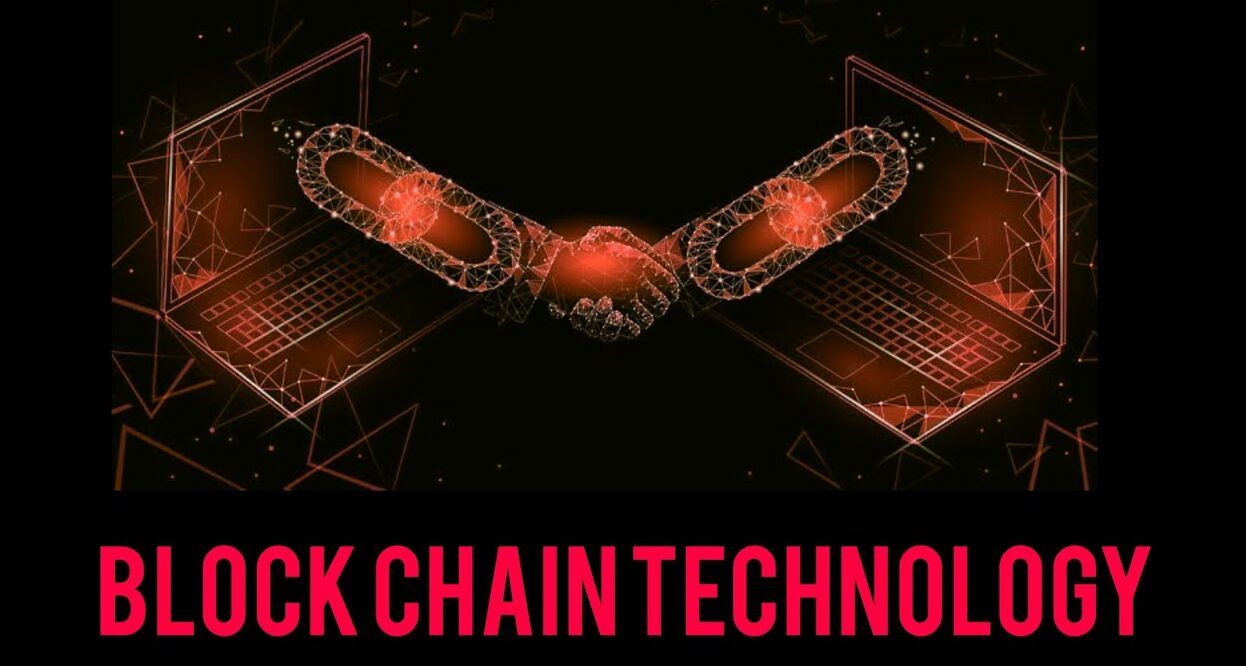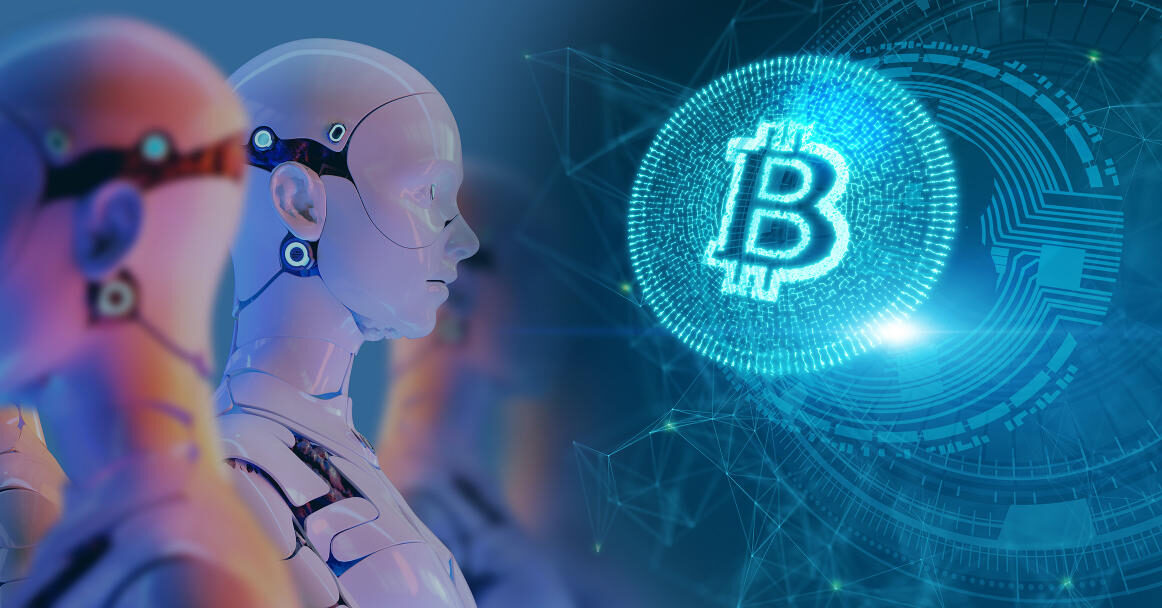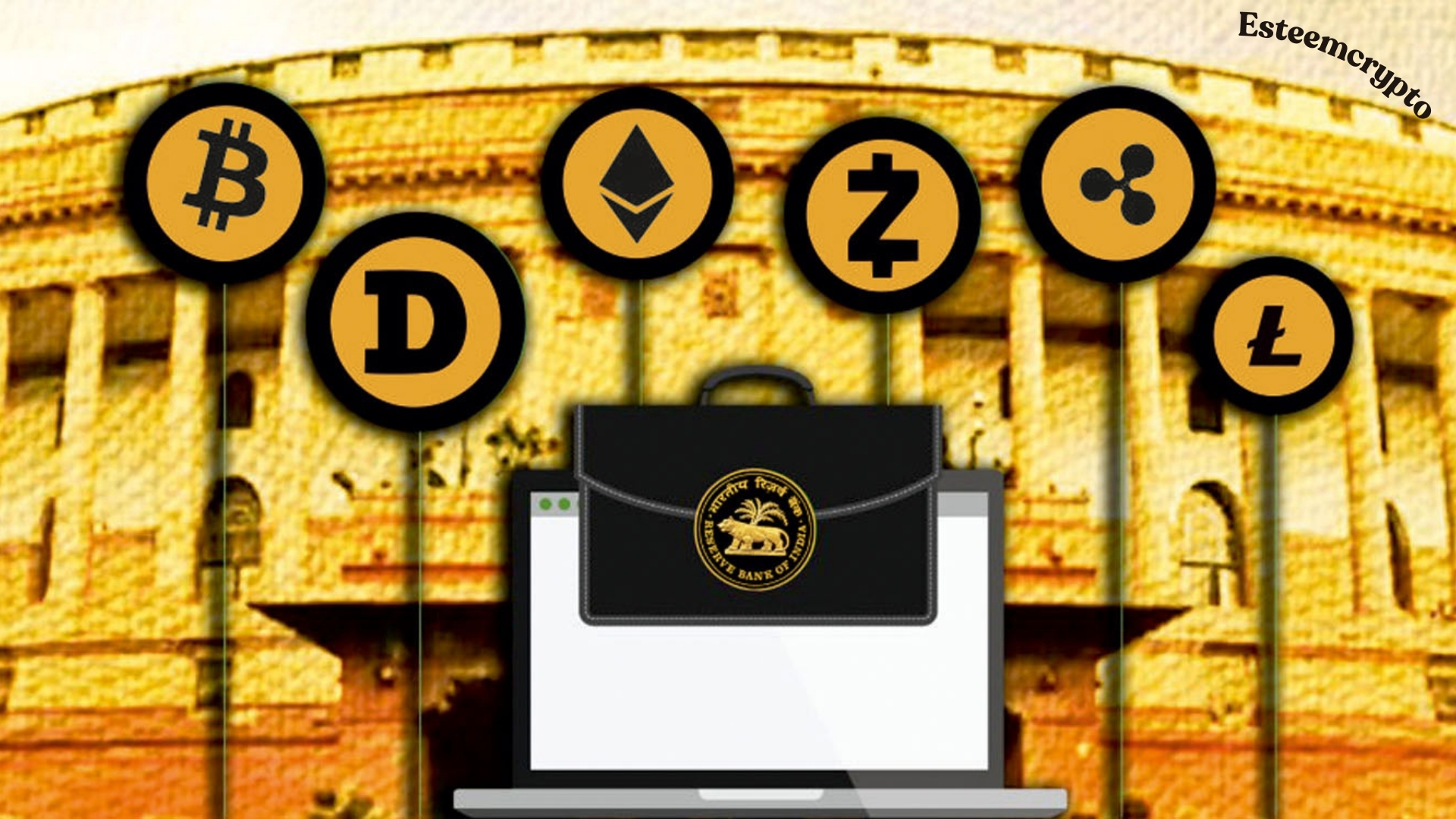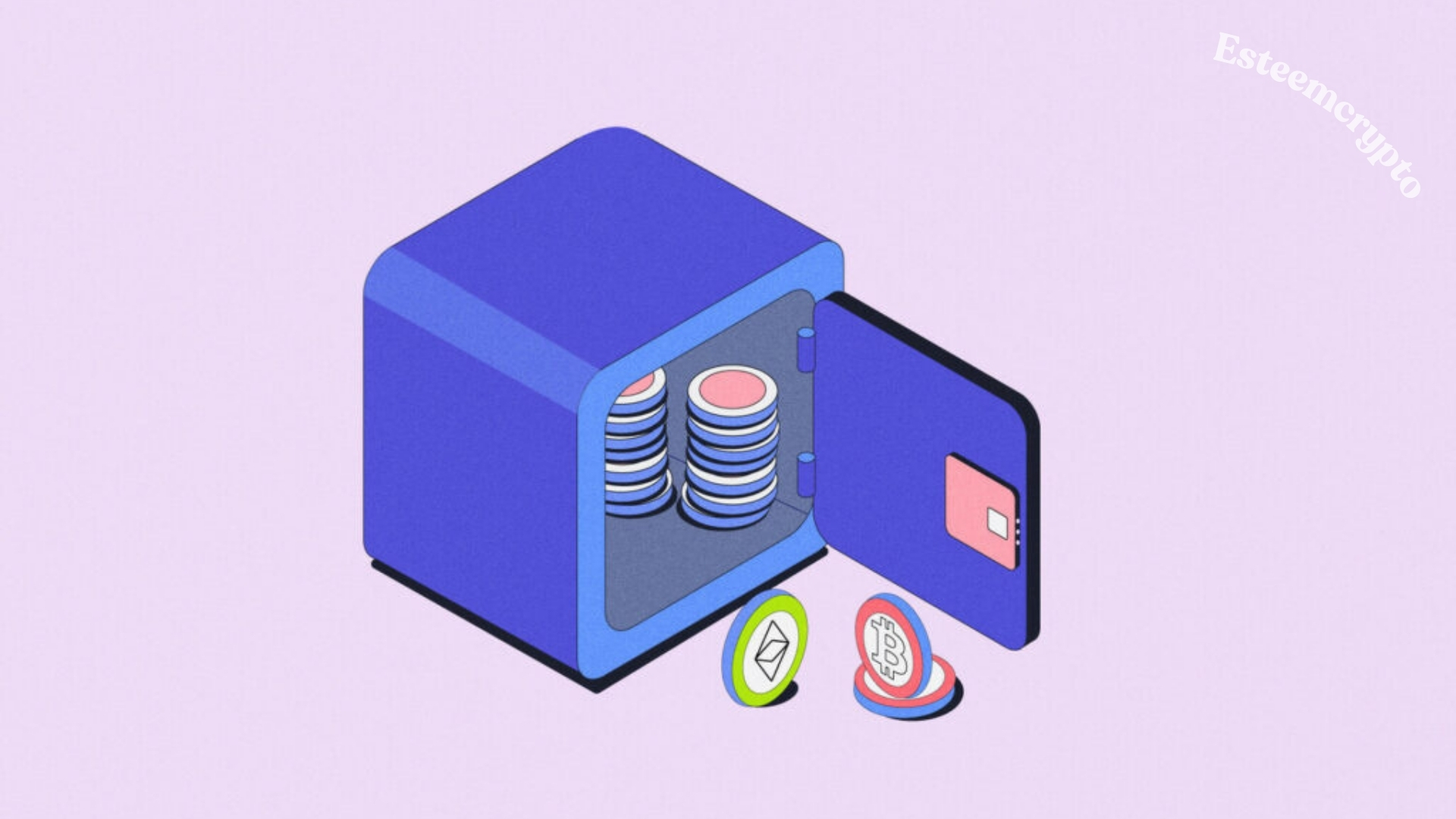AI and Blockchain in Recruitment Scalable Secure and Fair Hiring

For several sectors, including the recruiting business, the combination of blockchain and artificial intelligence (AI) offers a transformative potential. Blockchain technology is under investigation as a possible means of improving transparency, data security, and efficiency as businesses embrace artificial intelligence for the automation of hiring procedures.
Two critical issues must be resolved, nevertheless. To fully utilise these technologies, the scalability of blockchain networks and the development of comprehensive legal systems are essential. These elements are essential when applying artificial intelligence in hiring since security, fairness, and speed are prerequisites.
Scalable Blockchain for Hiring
Blockchain suffers major scaling problems even despite being inherently distributed and safe. Securely, they suffer with transaction throughput; public blockchains, such as Bitcoin and Ethereum, are well-known for their security and immutability. This is especially clear when managing big amounts of real-time data, as with AI-driven hiring systems, due to their limited transaction speeds and high transaction costs. The conventional blockchains cannot effectively handle the processing of large datasets that artificial intelligence technologies sometimes need fast processing of. This results in a bottleneck in the hiring process, particularly in cases where AI models that depend on fast decision-making and continuous data updates are used.

Layer 2 solutions like Polygon for Ethereum or the Lightning Network for Bitcoin blockchain let transactions be handled off-chain, therefore lightening the strain on the main network. While preserving the security and decentralizing advantages of the blockchain, this leads to significantly expedited transactions (investopedia.com).
Sharding—a technique that divides the blockchain into smaller portions or “shards”—is another interesting path toward scalability. Because every shard may handle transactions in parallel, the system’s total throughput is much raised. This is particularly crucial while managing massive datasets usually utilized in artificial intelligence-based hiring procedures (mdpi.com).
Using these scalable solutions will make blockchain more practical for real-time, data-intensive uses like AI-powered hiring platforms. Overcoming scaling challenges, blockchain might manage the enormous data volume and speed requirements of artificial intelligence, thereby facilitating smoother, more effective recruitment procedures.
AI and Blockchain Ethics
Although blockchain scalability technically is being solved, the regulatory framework for both blockchain and artificial intelligence is still immature. Particularly about openness, justice, and responsibility, the distributed and generally opaque character of blockchain might pose significant hazards. Regarding AI-driven recruiting, one of the main issues is the possibility of algorithmic discrimination and bias.
When inadequately developed or controlled, artificial intelligence employment technologies could reinforce already existing prejudices, including favoring particular genders, races, or educational backgrounds. This could result in an unfair playing field for job seekers, therefore compromising the fairness that is fundamental in hiring. Moreover, without suitable control, AI systems run the danger of making opaque and impossible-to-challenge employment choices, thus depriving candidates of restricted options should they feel they have been unfairly treated.
The proposed AI Act of the European Union and other similar projects throughout the world are starting to answer these issues. These rules seek to guarantee responsible and ethical usage of AI technology by means of well-defined criteria on its integration into industries, including recruitment.
AI-Blockchain Recruitment
Combining blockchain with artificial intelligence would enable businesses to build transparent. They are safe recruitment platforms capable of handling vast volumes of data. Still, reaching this calls on tackling regulatory issues as well as scalability. While laws can guarantee that AI tools are fair, open, and responsible, scalable blockchain networks can manage the enormous volume of data needed for AI-driven recruitment.

Closing the AI hiring gap requires ultimately overcoming these obstacles. Blockchain and artificial intelligence can cooperate to change the hiring process, guaranteeing that it is faster, safer, and fairer with the correct regulatory control and technical developments in scalability.
Even though blockchain and AI potentially alter recruiting, their integration requires careful technical and legal consideration. We can use these technologies responsibly in recruitment by setting clear norms and fixing scalability difficulties. They are benefiting companies and job seekers alike.
Final thoughts
This article presents a balanced, forward-looking analysis of how AI and blockchain could change recruiting. It highlights the potential of using these technologies to create fair, safe, and efficient recruiting processes. While acknowledging the current challenges.
Blockchain delivers security and decentralization, but its transaction speed and data throughput limit its ability to manage quickly. High-volume data demands of AI-driven recruitment. The research wisely suggests Layer 2 networks, sharding, off-chain data storage, and on-chain verification to close that gap.
The paper underlines the need for open, just, and responsible policies to reduce AI prejudice. Technology alone cannot prevent damage and build trust in automated systems. Ethical government is needed.




